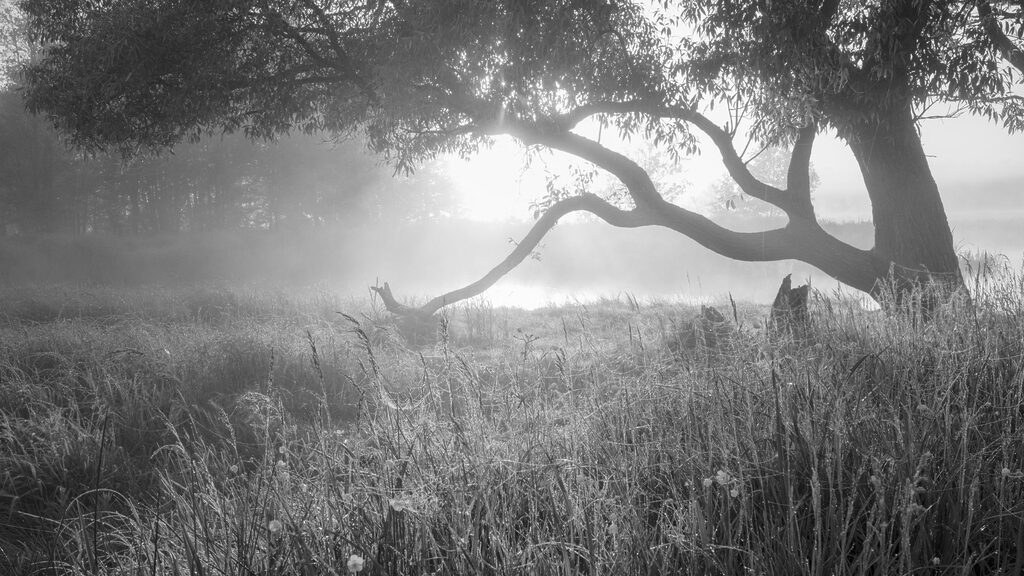According to numerous scientific researches, including outdoor experiences in our daily routine allows us to cope with the difficulties and problems of a hyper-connected and hyper-stimulated life. It seems obvious but we constantly forget about it and this is creating several problems.
On the other hand, it is not that teams of researchers from all over the world necessarily carried us there: nature fascinates us from early childhood and, even if we live in the illusion of being superior to it, we are part of it. We are born and die like any other living being and this should be enough for us to maintain a certain awareness of our role as Homo Sapiens. But no, we need numbers and studies. And so here we are.
Scientific evidence (for those who don’t believe yet)
Today, with the help of science, we are beginning to understand this link more deeply. Research is shedding new light on the benefits it brings to our lives, revealing how exposure to natural contexts can have positive effects on the human brain, becoming a powerful antidote against the frenetic pace of contemporaneity.
Just to mention a couple of studies, the University of Michigan has shown how the natural environment supports us in recovering from mental fatigue, improving concentration and productivity. It can also have a positive impact in the treatment of psychological disorders, leading to the development of ecopsychology and practices such as Forest Bathing and Grounding. In the medical field, in the case of Canada, it is even possible to prescribe free visits to national parks.
So why do we continue to close ourselves in our routines made up of offices and walls? How can we return to appreciate the beauty and power of what is outside the window?
See nature with binoculars
Contemporary life leads us to privilege urban and technologically saturated environments, where immediate access to information and the need to be “connected” prevail over experiences in nature.
Just think of the time spent on the phone every day. More and more apps and devices offer the ability to monitor the use of applications. During our courses we often invite a quick check and the reactions are always the same: no one would have ever expected to have spent an average of 4 hours a day on their smartphone.
This not only impoverishes our sensory experience, but also produces negative effects on mental and physical health. The absence of regular contact with trees, meadows, sun, sea, clouds and mountains contributes to increased levels of stress and anxiety, decreasing the quality of sleep and reducing the ability to concentrate. We weren’t designed to sit 10 hours a day staring at a 24-inch screen and another 4 hours watching videos and chatting on a small handheld computer that we keep calling a phone.
This lifestyle, which also brings with it many benefits and which certainly makes us live more sheltered from bad weather, beasts and dangers, well seated in our ergonomic chair and with a temperature between 18 and 22 degrees on any day of the year, nevertheless produces an imbalance. In fact, in the Western world it is much easier to get sick or even die from too many sedentary lifestyles, excess sugars and stress-related diseases than from the bite of a predator. And this is why we need to implement strategies and practices that can help us concretely. Why not start by getting up and taking a few steps?

The benefits of natural contact
A simple walk in a park can significantly reduce levels of cortisol, the stress hormone, improving mood and decreasing the risks of anxiety and depression. The green color and natural smells also have a calming impact on the brain, stimulating positive emotions and helping to control aggression.
Nature also enhances creativity and the ability to deal with emotions, providing a quiet and peaceful environment in which to reflect. Sunlight and clean air are essential for our well-being, increasing oxygen in the blood, strengthening bones, and preventing disease. The human brain is the organ that consumes the most oxygen, 20%, and therefore breathing well is also essential to improve memory, concentration and learning ability.
How to rebuild the relationship
Rediscovering contact with nature becomes part of a journey for our well-being. What are the activities available to us? Spending time outdoors, such as taking a walk in a park, exploring nature trails, or enjoying a picnic can have a positive impact on our mood.
Hiking, trekking, climbing, canoeing or cycling immerse us in nature and enrich our experience by physically awakening the body. If we want to start with something quieter, we can cultivate a garden, even in limited spaces, to connect to the cycle of life and appreciate the beauty of taking care of something.
Mindfulness practiced in natural environments intensifies awareness of the relationship with the surrounding world. Exploring new places and participating in environmental conservation projects allows us to discover the diversity of nature and contribute to its conservation. These paths of disconnection can also be an opportunity to build new relationships.
The rediscovery of natural environments not only brings calm and inspiration, but also a deep gratitude for the wonder that surrounds us, encouraging a lifestyle that is more balanced and harmonious with the environment.

Nature, bodies and minds in balance
Nature is not just a place to visit, but an essential component of our existence, a source of balance and serenity. By committing to reconnecting with natural environments, we can not only improve our physical and mental health, but also enrich our human experience, finding peace and inspiration.
